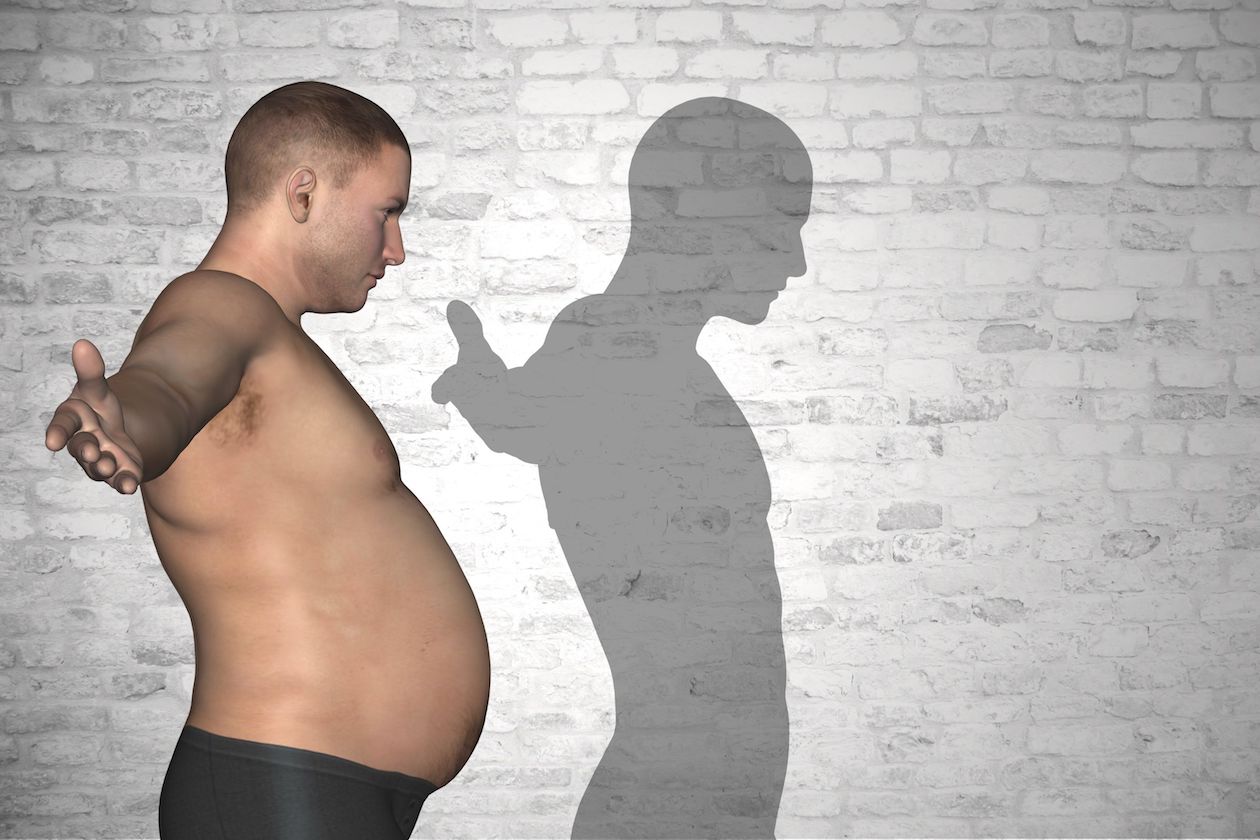
January 2, 2020
If you look at the process of weight loss, it seems like a no-brainer, doesn’t it? Eat less, exercise more and watch the pounds melt away. It’s such a simple concept. In fact, if you believe the hype put out there by some diet books, magazines, and infomercials, it may seem like fast weight loss is just one diet or gadget away… if you could only find the right one.
In that respect, some of those infomercials and books are right—fast weight loss can be just around the corner. But successful losing weight doesn’t always mean it will be permanent. For long-term weight loss, the usual diets or programs seem to fall short. So, are you ready to find out the secrets to successful weight loss?
“Discipline” isn’t the solution. Psychologically, if you are convincing yourself that “discipline” will be your means of eating well, you might be setting yourself up for failure. A “discipline” mindset suggests that there is something truly desirable that we can resist only with great effort. Discipline is imposed on us by authority figures, or we impose it on ourselves. As such, we can sometimes be disciplined for a period of time, but eventually we tire of it and we break down and return to our undisciplined ways. Therefore, don’t psych yourself up to be disciplined—instead, approach food with an attitude of being informed and intelligent, and having a sincere desire to develop healthy eating habits for life.
Calories in, calories out. A well-balanced diet requires lots of careful consideration, but the narrow science of weight loss is fairly straightforward: You simply need to burn more calories than you consume. Absent a medical condition that is causing weight gain or obstructing weight loss, the “secret” to losing weight is to live a lifestyle that has you ingest fewer calories than you burn.
It’s diet, not exercise. Exercise burns calories, and there’s no question that exercise is important to overall health, but it’s not the key to losing weight. A two-mile jog might burn about 200 calories—fewer calories than one bagel. If you are seriously overweight, it would take an enormous amount of jogging to burn away all those excess pounds. From a practical standpoint, the effective way to shed calories is at the point of entry: Develop good eating habits. Exercise for your health, but look at your diet to address weight loss.
Recognize the obstacles to good habits. While good habits are more effective than discipline in leading to long-term dietary success, it’s nevertheless important to recognize the obstacles we face, biologically and culturally, in developing those good habits. Armed with this knowledge, I considered my specific situation and analyzed my typical daily diet. What I found is that I had several bad habits that were causing me to ingest too many calories almost every day. I was actually pretty good most of the day, but my dinners were generally too excessive. Worse yet, I also had a bad habit of continuing my high-calorie eating with unhealthy snacks after dinner. Looking even closer, I found that most (but definitely not all) of my excessive calories tended to be carbohydrates—cereals and breads at breakfast and lunch; piles of rice, potatoes, pasta, and more breads at dinner; and sugary and salty processed snacks. If you’re seriously interested in weight loss, a similar honest assessment of your own typical diet is a must, for this will help you see where your problems lie.
[divider type=”1″]
[/divider]
